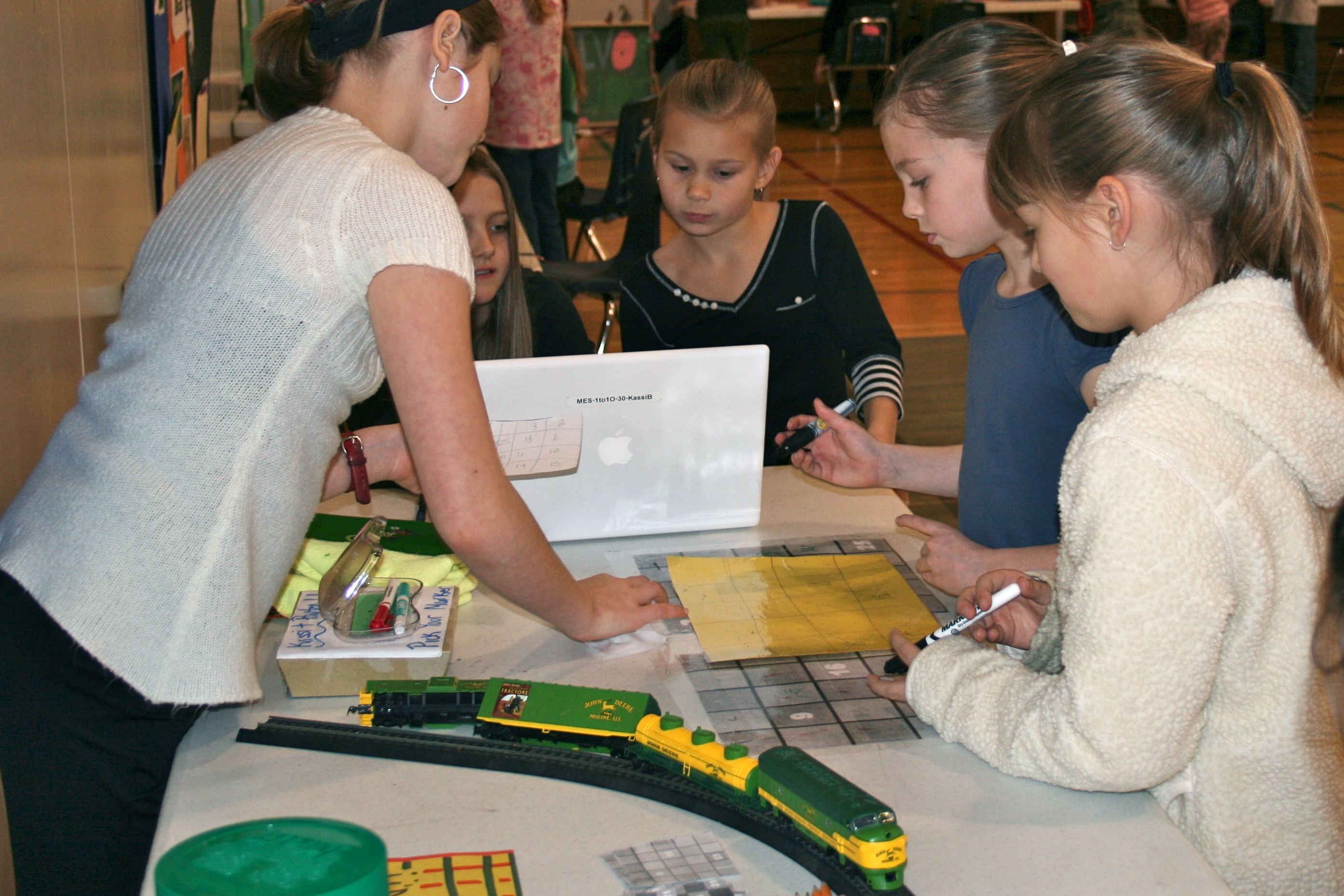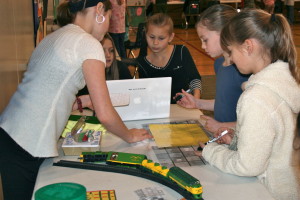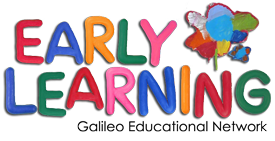
 Providing assessment, or feedback, is essential for learning. Teachers use a variety of assessment practices to determine a student’s level of understanding. In an early learning environment, teachers observe everything from how students interact and play with each other, to examining their body language when taught new concepts. This information gives the teacher further feedback on how to continue with the lesson. Assessment is an ongoing process, where children’s learning is documented over time over many different situations. Determining a child’s interests and strengths, and building towards individual milestones is an important part of assessment.
Providing assessment, or feedback, is essential for learning. Teachers use a variety of assessment practices to determine a student’s level of understanding. In an early learning environment, teachers observe everything from how students interact and play with each other, to examining their body language when taught new concepts. This information gives the teacher further feedback on how to continue with the lesson. Assessment is an ongoing process, where children’s learning is documented over time over many different situations. Determining a child’s interests and strengths, and building towards individual milestones is an important part of assessment.
Effective assessment also allows for students’ thinking to be made visible. Talking through the process of learning and sharing that information with others is essential.
Given the goal of learning with understanding, assessments must tap into understanding rather than merely the ability to repeat facts or perform isolated skills.
As you can see in these two videos, the students in Amy Park’s class have a confidence and ability to critique not only their own storytelling performance, but also the performance of others. As one young student said, “Just saying good job does not help us learn.” In the second video, these students demonstrate how they are able to provide specific descriptive feedback to each other to improve and learn.
Through paying careful attention during both group and individual work, teachers can more closely develop insight into their students’ thinking and understanding. The teacher is fully present and then responds to help the students’ take their next learning steps. Through this the entire class is gaining a clearer understanding of effective storytelling.
It’s important to note formative assessment allows for feedback that benefits students and teachers. According to Bransford, Brown and Cocking, authors of How People Learn: Brain, Mind Experience, and School, one challenge of implementing good assessment practices involves the need to change the models of what effective learning looks like. Appropriately designed assessments – both summative and formative, may prompt teachers to rethink their classroom approach.
Downloads
Learning cannot take place without assessment. It’s especially important children are given opportunities to evaluate and participant in their own learning. This document lists what to look for in an early learning classroom.

